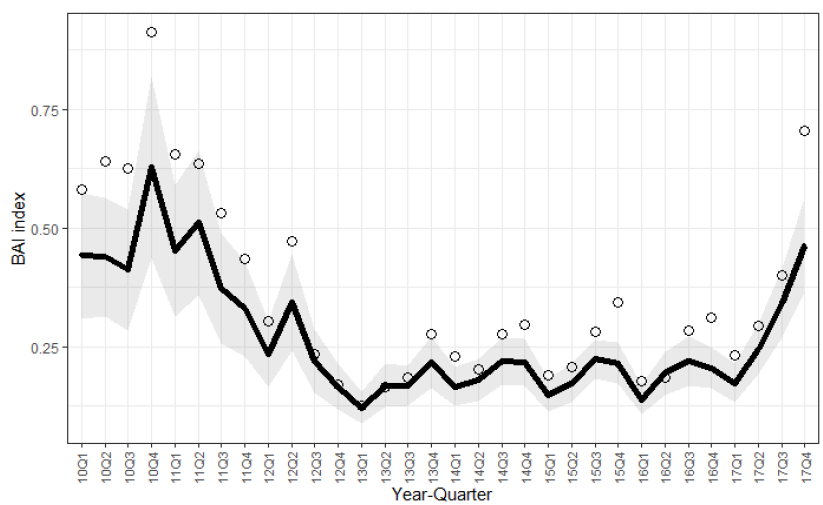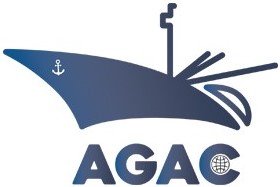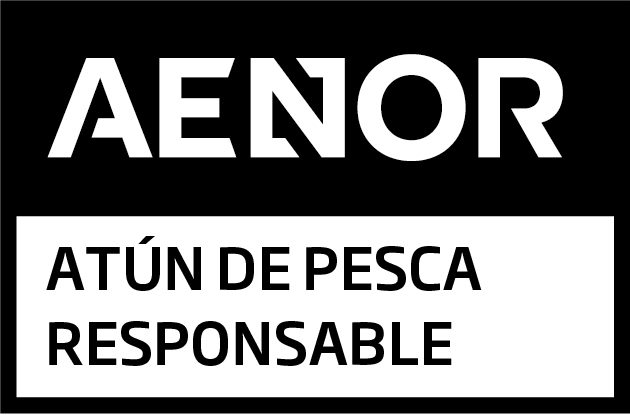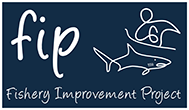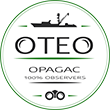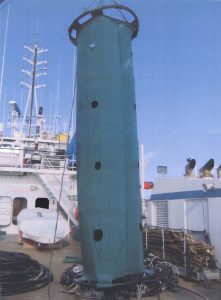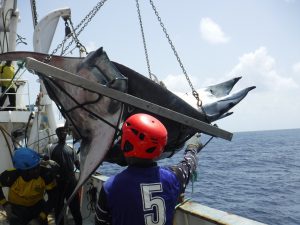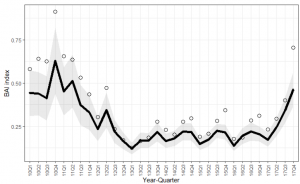Investigation
AGAC/ OPAGAC has a long tradition of collaboration with Spanish scientific institutes and other entities, making available to scientists all information required for stock assessments of tropical tunas in the three oceans, and hosting research trips on board its vessels. All information regarding the activity of the OPAGAC/AGAC fishing fleet is available to scientists (logbooks, FAD diaries, port sampling and observer reports)
The collaboration with the IEO dates from the beginning of fishing activities of our fleet in the ‘60s. Since then the collaboration has supported the work of the IEO on essential research within the RFMOs.
Currently, OPAGAC/AGAC has signed a collaboration agreement with the IEO for volunteer observers to board our fleet as part of the 100% coverage by observers.
the most important research actions with the IEO have been:
In August 2016, OPAGAC and the Seychelles Fishing Authority (SFA) started, with the assistance of FAO, an Electronic Tracking Pilot Project in two of its vessels. This project includes the installation of electronic equipment on ships, tracking units in the SFA, and training components and comparative analysis of the data collected.
The project is carried out under the Project ABNJ (Areas Beyond National Jurisdiction) of FAO, and the pilot results will be presented to FAO and other agencies.
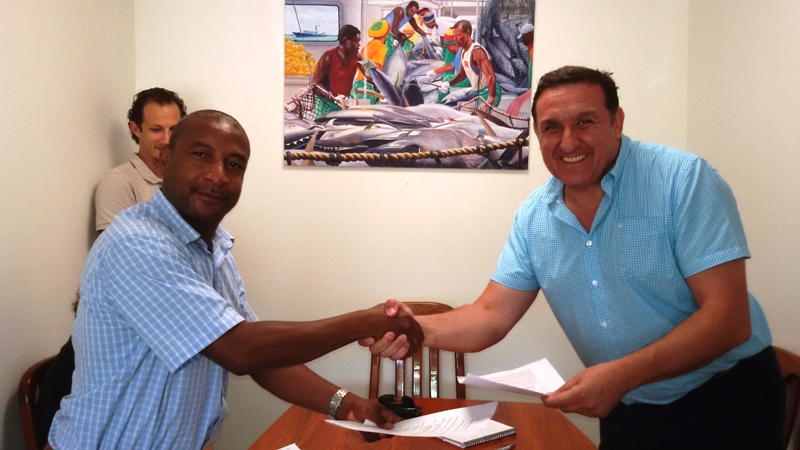
In recent years (2014 and 2016) ISSF conducted two research trips aboard OPAGAC vessels. The reports from these cruises may be downloaded from ISSF’s website
The objectives of the cruises were:
- Estimates of catch, species composition, and size distribution of tunas associated with FADs using acoustics
- The release of sharks from the net while it is in the water.
- The release of sharks on board ship
- Study of behaviour of tunas and other species in the net while in the water
- Comparison of estimates of catch composition by scientists and fishermen
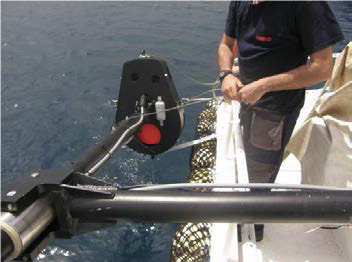
AZTI
AZTI has vast experience in management and conservation of tropical tuna. In the framework of the Code of Good Practices, it is the scientific body who audits it, being also responsible for the scientific observer’s training. This collaboration has been fundamental for the development of several research projects and has even led to the adoption of conservation AZTI projects:
|
Biodegradable FADs
|
Mitigating the fisheries’ impact on sensitive species
|
Abundance indices
|
Project on new designs of FADs to avoid entanglement and the incidental capture of bycatch species, especially sea turtles, as well as exploring the possibilities of acoustic discrimination in the Spanish purse seine fishery in the Indian Ocean.
For ten months, two purse seiners and two auxiliary vessels conducted fishing operations in a variety of new designs of FADs (22 different models) to prevent entanglement of bycatch species, especially sea turtles and did experiments with acoustic gear to establish criteria that could provide information for an eventual reduction in catches of juvenile tropical tuna (yellowfin tuna and especially bigeye tuna)
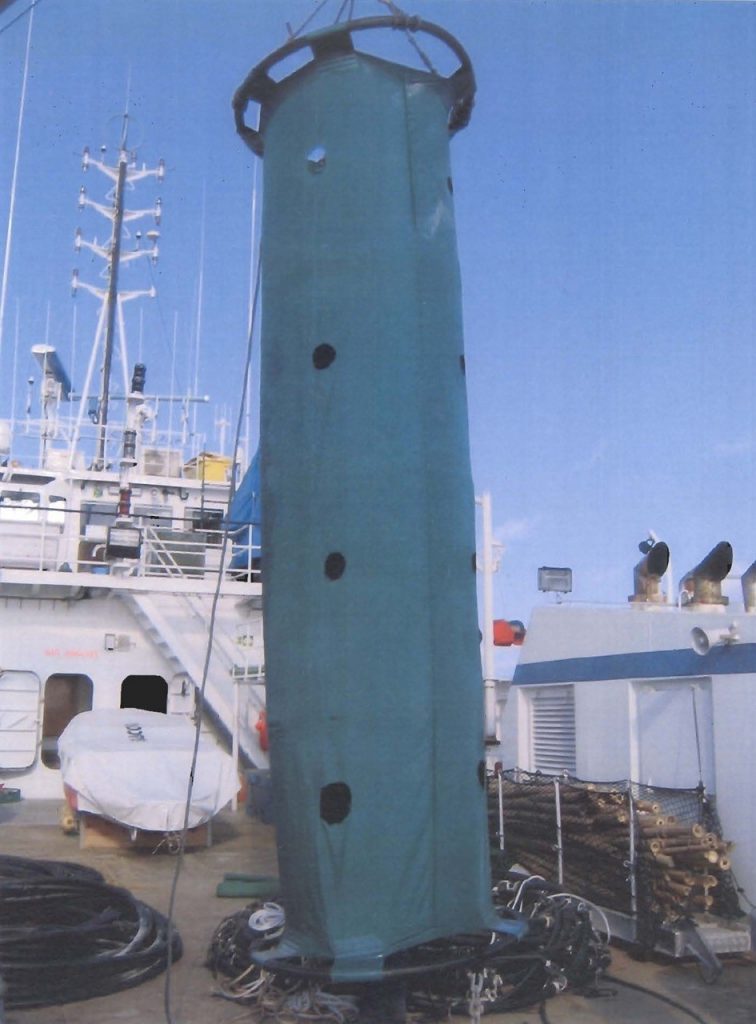
Analysis of the possible relationship between the setting depth of purse seines and increased catchability of juvenile bigeye
This project was carried out on board vessels in three oceans, over a period of 12 months between 2008 to 2009
Depth sensors were installed on the nets and measurements were made throughout the deployment of the same in each set.
Final results showed that there were no significant relationships between the depth of the net and increased catchability of bigeye, implying absence of bathymetric stratification in tropical species under floating objects
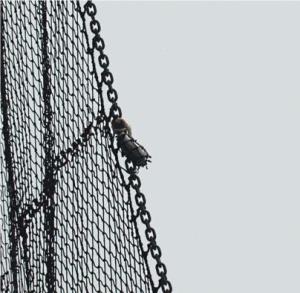

This project is the result of a joint collaboration between OPAGAC, ANABAC, ISSF, IEO and AZTI.
The objective of this project was to use the entire network of FADs deployed by the fleet, as well as data provided by the buoys deployed in each FAD. They would provide a “snapshot” every certain period of time of the biomass of tropical tunas throughout the entire network of FADs in the ocean. In addition, the acoustic characterization of species obtained in earlier research could also be used to further refine these indices.
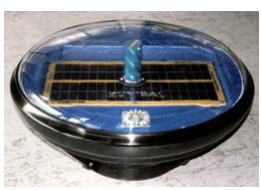
Standardization of tropical tuna catch and effort time series for EU purse seine fleets using FADs in the Atlantic, Indian and Pacific Oceans and estimation of bycatch and ecosystem Impacts”
This was a joint project with the IEO, IRD, ANABAC, AZTI, EUROTHON and EU. The main objective of CECOFAD was to determine how recent improvements in technologies and fishing methods can be integrated into the estimate of catches of species and their relative abundance.
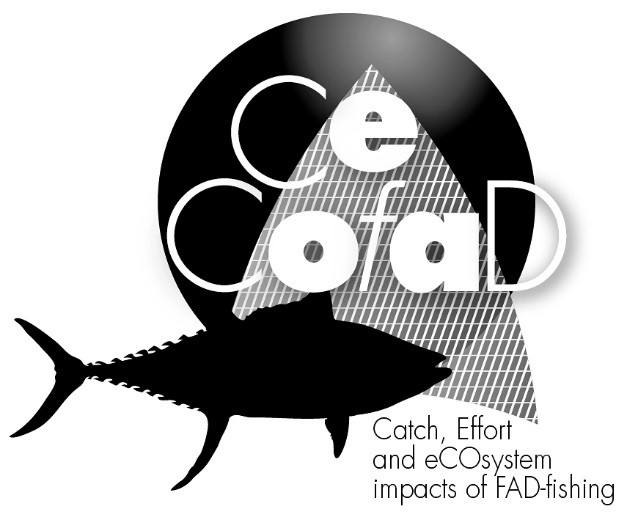
OPAGAC participates in biodegradable FAD projects in the Atlantic, Indian and Pacific oceans. The goals are to:
- Test several prototypes (different designs with a range of biodegradable materials)
- Monitor and track the lifespan of biodegradable FADs
- Study biodegradable FAD’s efficiency to aggregate fish
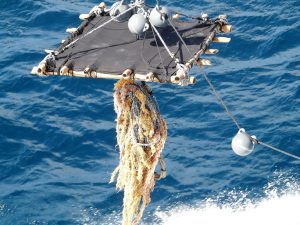
Adding to the implementation of the Code of Good Practices, the fleet actively collaborates in projects that aim to develop tools to improve the release of sensitive species and increase its survival..
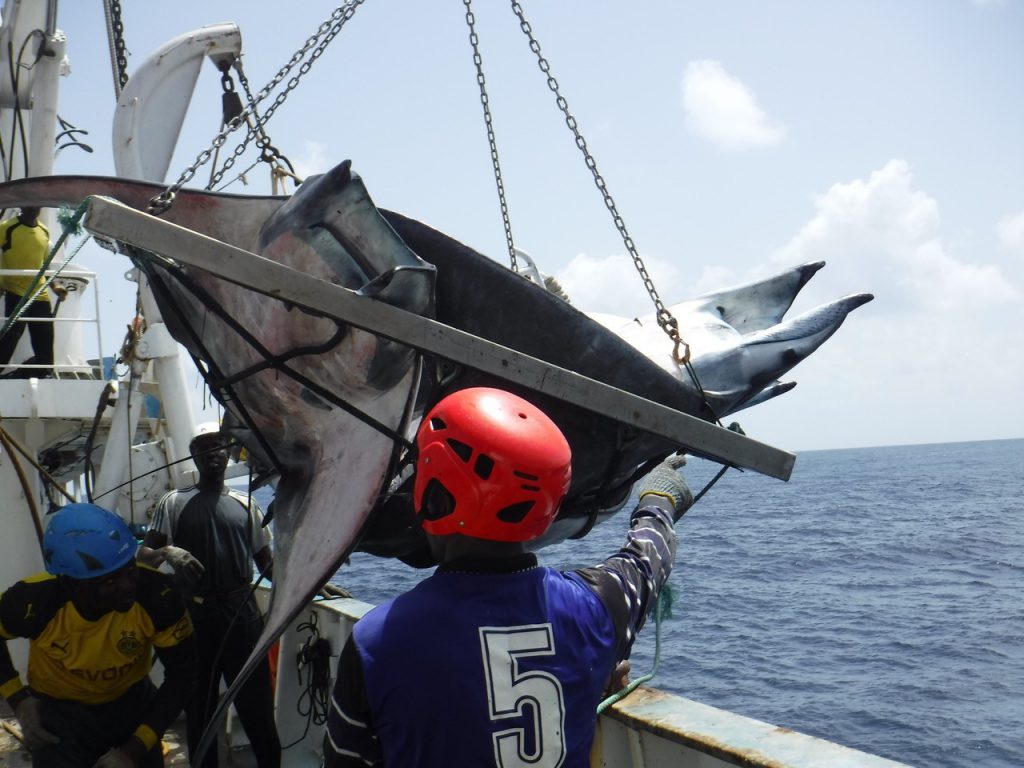
Through its Fishery Improvement Project (FIP), the client launched a research project with AZTI to support stock assessments for the Atlantic, Indian and Pacific oceans. OPAGAC is contributing to abundance indices development, both fishery dependent and independent, by providing its FAD data, which is necessary to support and improve the sustainable management of tropical tuna nowadays.
For fishery dependent indices this includes catch and effort, sizes, and FAD density; and for fishery independent indices the acoustic records of beacons’ echo sounders is provided. Additionally, to contribute to a more comprehensive study, a temporal data series was made available (from 2010 until the present).
